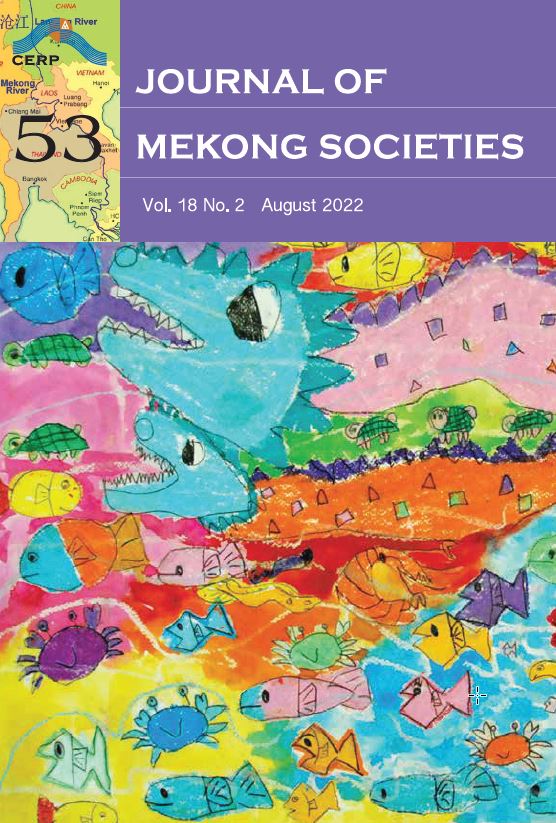Dear New Reader: Factors Affecting Interest in Reading Prai
Main Article Content
Abstract
In Thailand, the Prai are an Austro-Asiatic ethnic minority group with an emerging community-based literacy program. Understanding factors that influence adult interest in Prai literacy is significant for all future language development efforts. This study examines factors that affect Prai adults’ interest in learning to read Prai for themselves and their children. The following five factors are evaluated: participants’ age, gender, religious affiliation, early Thai formal educational experience, and early Prai informal educational experience. Ethnographic research methods including participant observation and interviews were employed. Findings show that participants older than 40 years of age are more resistant to the idea of learning to read Prai and that two-thirds of all new Prai readers are women. While Prai literacy is closely connected to Christianity, there is a growing number of non-Christian parents and grandparents who value Prai literacy for their children and grandchildren because of successful Prai MLE programs. Thai formal education has had a severe impact on Prai perceptions of learning and conceptions of literacy. However, Prai informal educational experiences can overcome negative trends and give educated Prai positive attitudes toward their own language. The continuation and expansion of community-based Prai MLE programs using a culture-based curriculum is the best way to develop interest in reading for both this generation and the next.
Article Details

This work is licensed under a Creative Commons Attribution-NonCommercial-NoDerivatives 4.0 International License.


